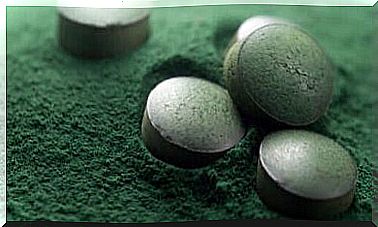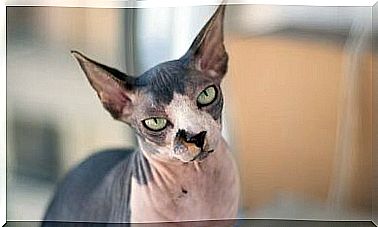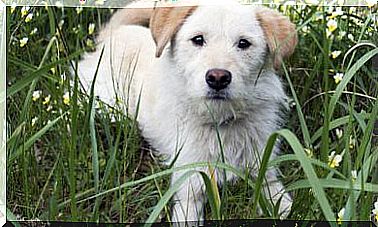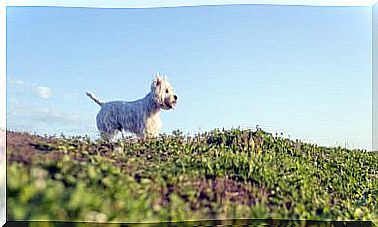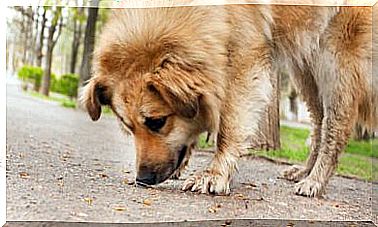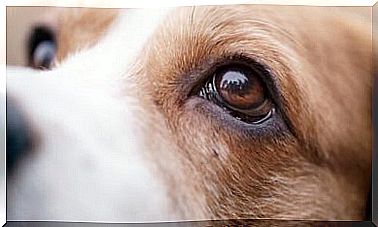Depression In Parrots: Causes, Symptoms And Treatment
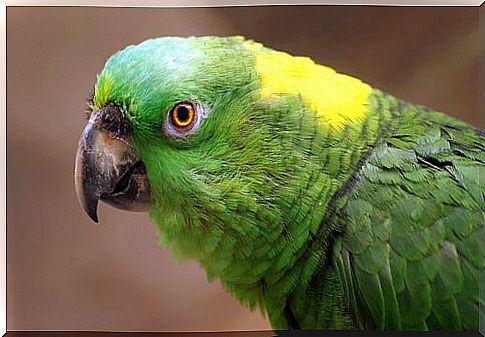
Animals also suffer from emotional stress. From a psychological point of view, birds are particularly susceptible to this. Depression does indeed exist in parrots, even if their owners often ignore it. Even small changes in their habits can cause anxiety in parrots. Out of ignorance, their owners often expose them to situations that are difficult to deal with.
There are many causes of parrot depression , symptoms can be identified, but treatments are few.
Depression in parrots: three causes
Parrots can suffer from fear of loss. They are very nostalgic animals that cling to their fellow creatures. When their partner dies or their owner abandons them, they are quickly prone to self-destruction. They stop eating. Tearing them out of their natural or familiar environment can be fatal for parrots.
But they don’t just suffer because of their attachment. Sudden traumatic events can also cause depression in parrots. A sudden, startled flight or even a popping loud noise can startle you. And the shock then disturbs your nervous system.
Parrots can also become depressed because of their environment. If they are kept in a too cold climate, exposed to sudden drafts, or have to exist in small cages, it can cause depression.
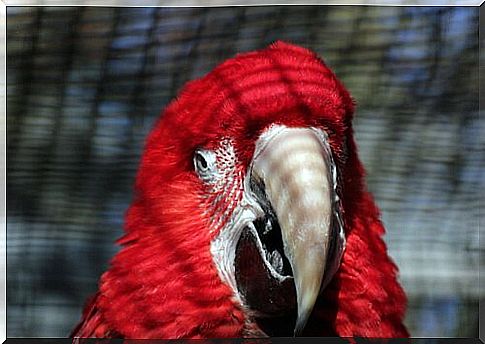
Symptoms of depression
A simple flap of its wings can be a sign that the animal needs our attention and is asking for it. This is not a state of advanced depression. But its owners should watch out for such small signs.
Repetitive, senseless behaviors and loss of appetite are clear signs of poor emotional state. This can lead to food refusal. This in turn leads to health problems and can also result in the death of the animal.
A very clear sign of depression in parrots and cockatoos is plucking. When these animals are very sad, they pull their own feathers off. This is roughly equivalent to the self-flagellation of people. Some can remain almost featherless. However, this condition exposes them to changes in the weather, which makes the situation even worse.
3 psychological realities that define parrots
Parrots are very intelligent and understand some of what is going on around them. Some scientists think that animals have an intelligence similar to that of a small child.
This species is often lifelong loyal to its partner. Once two parrots have found each other, they often remain true to each other in nature until they die. Obviously, for them, attachment and lasting relationship is fundamental to survival.
It all has to do with their instincts and their chemical nature. Nowadays it is known that a parrot has a very fast metabolism. If he stops eating, this can very quickly lead to irreparable damage.
What we should know before adopting this species of bird
The worst thing we can do to these animals is to adopt them as adults. Many vendors sell adult animals. Then when they get home from business they get depressed.
But even if we acquire them at a young age , we should be careful and create a pleasant living space for them. The cage must be big enough and the temperature should also be moderate.
We must always pay attention to our parrot’s body language. Just because they sing or repeat something all the time doesn’t mean they are happy right now.
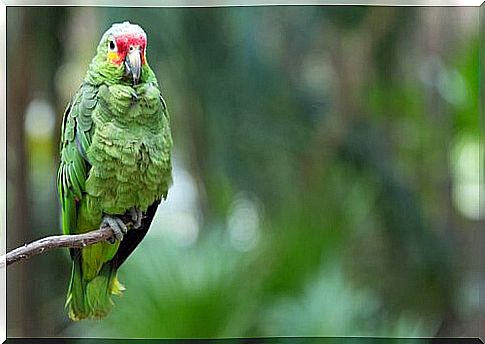
Treatment of depression in parrots
We can create conditions to help the animal to overcome the depression and regain the will to live. If you take them for a walk on a regular basis, they are often a bit distracted.
There is a lot of information on the internet about treating parrots with antidepressants like Prozac. However, we should really discuss such treatment with our veterinarian first.
Recall that the best prevention and cure for depression in parrots is love and communication.


